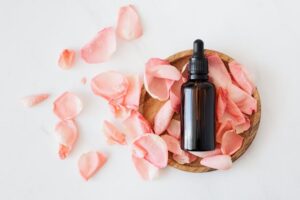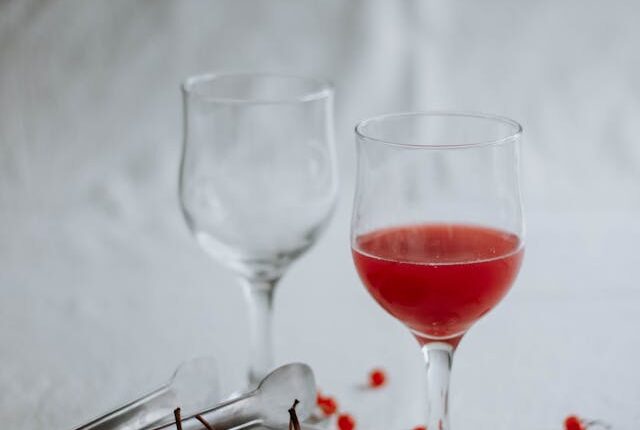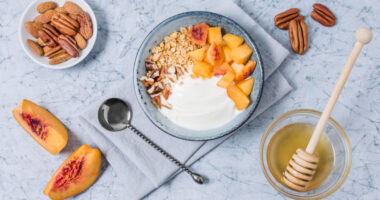Yeast infections, caused by the overgrowth of Candida fungus, are a common issue that many women and some men face. While conventional treatments are available, many people prefer natural remedies to avoid the potential side effects of medications. Here are 15 effective home remedies to help manage and treat yeast infections naturally.
- Yogurt
Yoghurt contains probiotics, specifically Lactobacillus acidophilus, which can help restore the natural balance of bacteria in the body. Applying plain, unsweetened yoghurt to the affected area or consuming it daily can be beneficial.
- Garlic
Garlic has natural antifungal properties that can help combat yeast infections. Incorporate raw garlic into your diet or apply garlic paste to the affected area for relief.
- Apple Cider Vinegar
Apple cider vinegar has antifungal properties. Mix two tablespoons of apple cider vinegar in a glass of water and drink it daily. Alternatively, add it to a warm bath and soak it for 20 minutes.
- Coconut Oil
Coconut oil contains caprylic acid and lauric acid, which have antifungal properties. Apply virgin coconut oil directly to the affected area to soothe irritation and fight the infection.
- Boric Acid
Boric acid is a potent antifungal agent. Insert boric acid capsules into the vagina before bed. Do this for no more than two weeks, and never take boric acid orally.
- Aloe Vera
Aloe vera has antifungal and anti-inflammatory properties. Apply fresh aloe vera gel directly to the affected area to reduce itching and inflammation.
- Oregano Oil
Oregano oil contains thymol and carvacrol, which are antifungal compounds. Mix a few drops of oregano oil with a carrier oil and apply it topically, or take it as a supplement after consulting with a healthcare provider.

- Cranberry Juice
Cranberry juice can help prevent the overgrowth of yeast. Drink unsweetened cranberry juice daily to maintain urinary tract health and prevent infections.
- Epsom Salt Bath
Epsom salt has antifungal properties. Add a cup of Epsom salt to a warm bath and soak for 15-20 minutes to relieve itching and discomfort.
- Calendula
Calendula has antifungal and anti-inflammatory properties. Apply calendula cream or ointment to the affected area to soothe the skin and reduce yeast growth.
- Olive Leaf Extract
Olive leaf extract has antifungal properties that can combat yeast infections. Take olive leaf extract supplements or apply olive leaf salve to the infected area.
- Hydrogen Peroxide
Hydrogen peroxide can help kill yeast. Dilute hydrogen peroxide with equal parts water and apply it to the affected area. Use this once a day only.
- Vitamin C
Increase your intake of vitamin C through diet or supplements to help prevent and treat yeast infections.
- Baking Soda
Baking soda can help balance pH levels and inhibit yeast growth. Add half a cup of baking soda to your bath and soak for 20 minutes, or make a paste with water and apply it directly to the affected area.
Conclusion
Yeast infections, while uncomfortable, can be effectively managed with natural remedies. These home treatments provide relief and help maintain the natural balance of microorganisms in the body. However, it’s important to consult a healthcare provider if symptoms persist. Natural remedies can complement medical treatments, but professional advice ensures proper care and management of the infection.
By incorporating these home remedies into your routine and making informed lifestyle choices, you can effectively prevent and manage yeast infections. Always prioritize hygiene, wear breathable clothing, and maintain a healthy diet to support overall well-being and prevent future infections.









